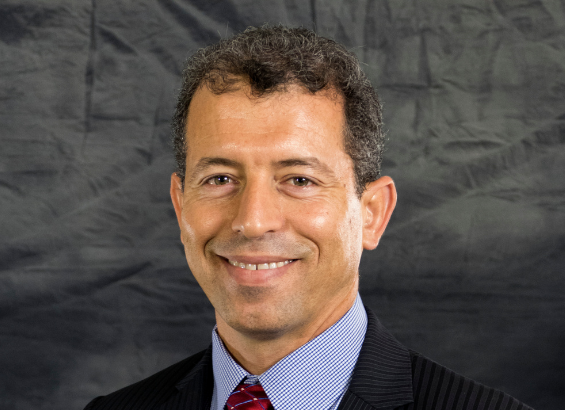

HARC, Fugro and the University of Houston announce a Department of Energy-funded project to develop an online application to expand the number of feasibility analyses for district energy systems and community microgrids. This low-cost tool will make planning and exploration of opportunities in this field more accessible to a broader audience of potential investors with and without an engineering background.
The energy transition and need for energy resilience require solutions at the community level. But investors and communities do not always have the funding or technical skill to begin energy planning. Whether addressing future needs and uses or analyzing the possibility of renewable energy, innovative energy planning tools can empower governments and their citizens to plan better for future community energy demands. A cost and knowledge gap often exists for many organizations interested in conducting this early-stage energy planning. Unfortunately, the lack of resources often results in slower deployment rates and lower investment in community energy systems.
Developed as a web-based, user-friendly tool, Fugro’s 3D web application, SIMmetry, will be modified to leverage complex AI-based algorithms with an interface that integrates a recent 3D digital map of the Houston area and Geographical Information Systems (GIS) capabilities to streamline the data input process. Nontechnical users can determine the best preliminary designs and the economic feasibility of their community energy systems. Technical users can benchmark their designs with optimal methods identified by the tool and then validating the solutions in the 3D environment.
"When this project is complete, a full demonstration version of the tool will be made available to the public," states Carlos Gamarra, senior research scientist with HARC. "Ultimately, the goal is for communities to overcome the cost and knowledge barriers of feasibility analyses, making microgrids and community energy systems accessible to investors without an engineering background."
“This tool will allow facility managers to plan for upgrading their facilities to include renewable energy and combined heat and power (CHP),” said Driss Benhaddou, professor at the College of Technology at the University of Houston. “The University of Houston will improve the backend software tool to compute information input by the user on the main interface and provide recommendations in a quarter of the regular time.”